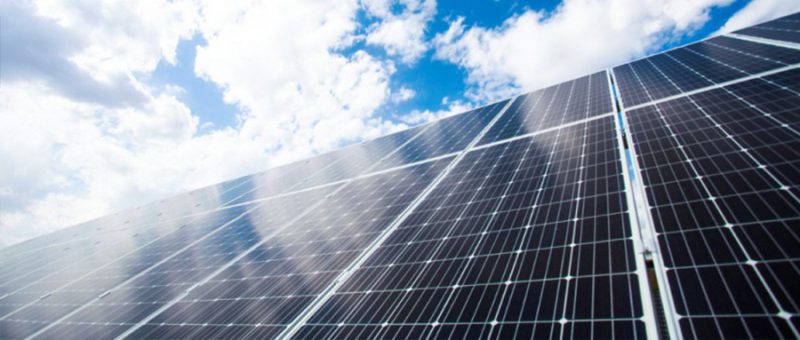PVTIME – The U.S. House Ways and Means Committee has passed a draft budget bill containing sweeping changes to clean energy tax incentives that pose an immediate threat to the adoption of residential solar power and American manufacturing. The legislation is now heading to the House Budget Committee before a full House vote and will eliminate key credits for individual homeowners while preserving most incentives for large-scale solar developers.

Key Changes to Clean Energy Credits
In a section titled ‘Working Families Over Elites’, the Committee has eliminated the Residential Investment Tax Credit (ITC, Section 25D), which currently provides a 30% tax credit for rooftop solar installations. If the bill is passed, homeowners will lose access to the credit by 31 December 2025. The bill also removes the EV credit (Section 30D) by the same date, targeting individual clean energy users while sparing corporate projects.
For large-scale solar projects, the ITC (Section 48E) and the Production Tax Credit (PTC, Section 45Y) will remain at full value until the end of 2028, but will then be phased out more quickly than under the Inflation Reduction Act (IRA).
80% in 2029, 60% in 2030, 40% in 2031, and fully expired by 2032.
(Current IRA rules tie phase-outs to emissions reduction milestones rather than fixed dates.)
The bill removes the ‘start of construction’ provision, which requires projects to be ‘placed in service’ in order to claim credits, and it eliminates the transferability of the ITC/PTC two years after the bill is enacted. While the fate of low-income bonus credits and domestic content adders remains unclear, they are not explicitly scrapped.
Advanced Manufacturing Credits and Foreign Entity Restrictions
The Advanced Manufacturing Tax Credit (Section 45X) remains at full value until the end of 2029, after which it is phased down annually until it ends in 2033. Wind products are notably excluded from the credit starting in 2028.
New restrictions bar credits for projects involving ‘prohibited foreign entities’ (as defined in a 2021 defence bill), prohibiting material assistance such as components, critical minerals or intellectual property from these entities. This applies to ITC, PTC and Section 45X projects.
There has been an outcry from the industry, with the Solar Energy Industries Association (SEIA) describing the bill as a “dismantling of American onshore manufacturing”.
The Solar Energy Industries Association (SEIA) has condemned the bill as a death knell for U.S. clean energy progress. ‘This legislation will effectively dismantle the most successful industrial onshoring effort in US history,’ said SEIA President Abigail Ross Hopper.
She warned of catastrophic consequences: hundreds of American factories will close, tens of thousands of job losses, skyrocketing electricity bills and weakened grid reliability, grid reliability weakened, and ceding competitiveness to China.
Over 75% of at-risk factories and investments are concentrated in communities in red states, exacerbating the economic impact on these regions.
‘Our energy and national security depend on American energy dominance,’ Hopper added. ‘These proposals fail to deliver that and put our future at risk.’
The Committee will now ‘mark up’ (amend) the bill before voting to send it to the full House. With industry lobbying intensifying, the fate of residential solar energy and broader clean energy growth is uncertain as lawmakers consider short-term fiscal measures against long-term economic and climate goals.
Note: the bill does not repeal the IRA entirely, but rather carves out critical incentives for individual consumers while prioritising corporate-scale projects and introducing stricter timelines and foreign entity restrictions.

Scan the QR code to follow PVTIME official account on Wechat for latest news on PV+ES











